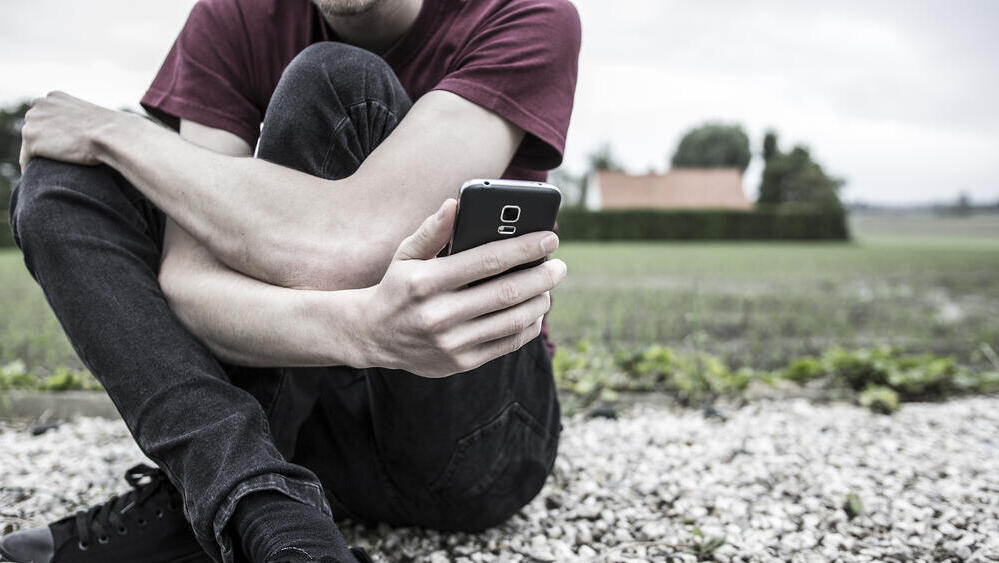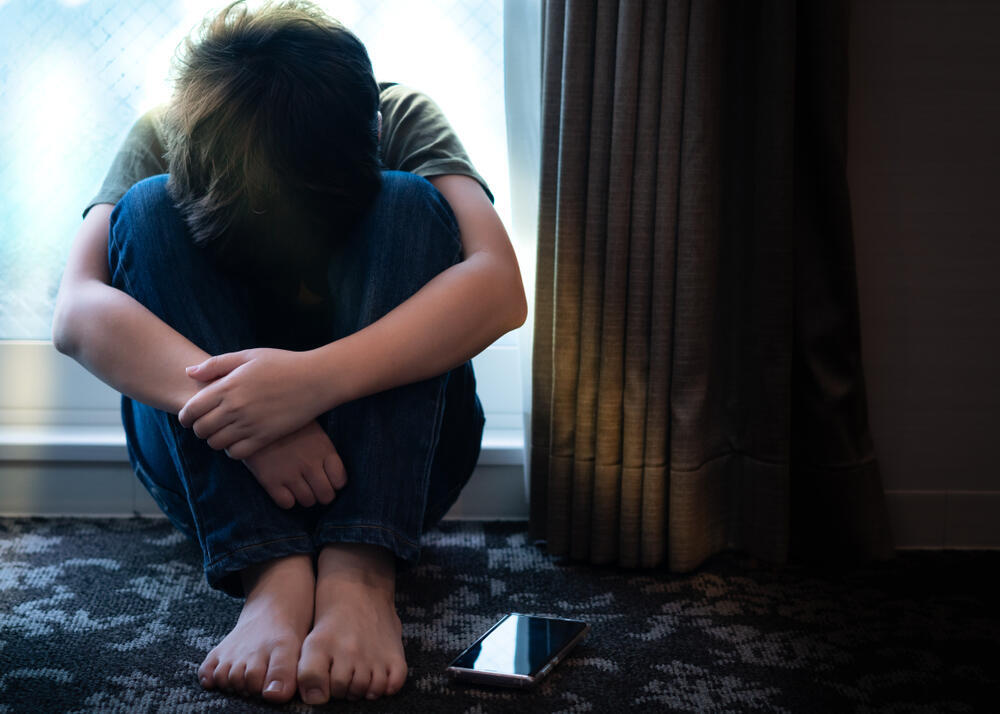Getting your Trinity Audio player ready...
Since the beginning of the war, experts have been warning about the psychological implications of watching footage from October 7 that had flooded social media. For children, who spend a significant part of their day on YouTube, Instagram and TikTok and are exposed to disturbing content, the damage can be even more severe.
Read more:
Parents, educators and students report anxiety among teenagers following prolonged exposure to such videos. Now, adolescents are crying out for help - the National Student Council and the Israel National Cyber Directorate have turned to the education and communications ministers, urging them to protect children from exposure to harsh content online.
2 View gallery


'Everyone talks about them, and it's impossible not to be part of the conversation'
(Photo: Shutterstock)
The Israel National Cyber Directorate notes that Israeli children are exposed to the horrors of war on social media almost uncontrollably. According to studies, about 40% of children in Israel have been exposed to inappropriate content, mainly violence or bullying and sexually explicit material. In 2023, there was also an increase among those reporting that social media was affecting the quality of their sleep.
"I haven't slept more than two hours a night lately," shares a 7th-grade student. "The content I'm exposed to on social media keeps popping into my head every time I try to doze off. When I try to distance myself, it's everywhere. There's no escaping it. Even if I manage to avoid deliberately viewing the content, it appears on its own when I scroll through social media. Curiosity draws me to watch the videos. Everyone talks about them, and it's impossible not to be part of the conversation."
"My feeds are filled with horrors and blood. Exposure causes more than just anxiety; it's suffocating. It keeps coming back like electric shocks coursing through my body all day long," a 12th-grade student said. "I hope social media platforms will stop the spread of these videos and images."
"On October 7, the images began. Screams from the Nova music festival, gunfire, people being kidnapped in vans. The videos have had a psychological impact on me," another 12th grader said.
"In the first weeks, I stayed up late into the night to calm friends, to hear testimonies, to see more and more. Even when you think it's over, you're wrong; there's no end to the stories and the horrors. Suddenly, familiar names pop up, areas I've wandered through, places I've been to not once or twice - everything is destroyed."
Ohad-Azran, deputy director of the Israeli Center for Online Protection, says, "We call on decision-makers to take responsibility and protect our children in every way possible."
Sappir Mosafi, chair of the National Student Council, adds, "Israeli youth are traumatized; we've seen things we weren't supposed to see, and the threatening images linger and affect our daily lives. The Internet can be a dangerous place. We call on all decision-makers and online authorities to safeguard us."



